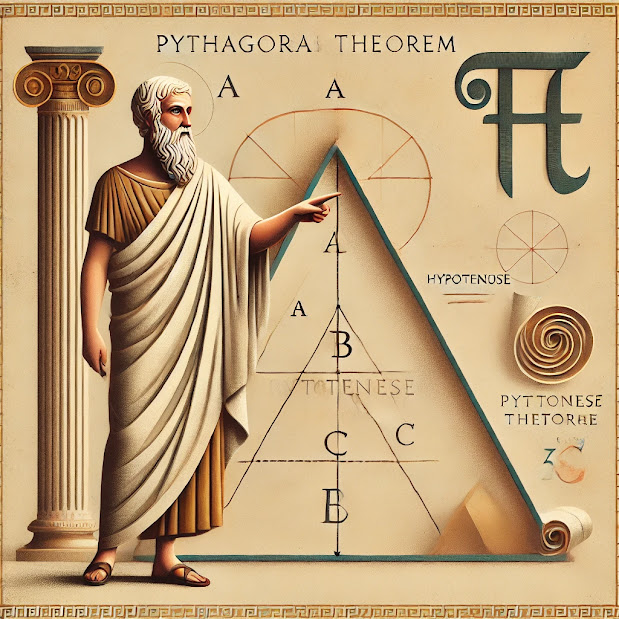Can Artificial Intelligence Replace Mathematicians?
Hello everyone!
Previously, I wrote an article about the success of artificial intelligence in mathematics. In this article, our topic is: Can AI replace mathematicians?
Artificial intelligence (AI) is playing an increasingly significant role in mathematics. Its ability to accelerate complex computations, analyze large datasets, and even prove some theorems makes it a powerful tool. However, these advancements also raise the question: "Can AI replace mathematicians?"
Mathematicians and AI: Collaboration or Competition?
In our previous article, titled "How Successful is Artificial Intelligence in Mathematics?", we examined AI’s capabilities in mathematics. We saw how AI has advanced in solving complex equations and performing data analysis. But does this mean that human mathematicians can be entirely replaced?
Let’s explore this topic in more detail.
What Can AI Achieve in Mathematics?
-
Theorem Proving: Systems like AlphaGeometry, developed by Google DeepMind, are capable of proving certain mathematical theorems.
-
Big Data Analysis: AI can analyze vast datasets and discover new mathematical relationships.
-
Fast Calculations: Computers can perform calculations in seconds that might take human mathematicians days to complete.
However, AI's limitations are just as important as its achievements.
The Limitations of Artificial Intelligence
1. Lack of Creativity and Intuition
AI works with existing data and recognizes patterns. However, groundbreaking ideas in mathematics often require intuition and creative thinking. For example, Einstein’s development of the mathematical foundations of relativity or Andrew Wiles’ proof of Fermat’s Last Theorem are discoveries that cannot be achieved solely through algorithms.
2. The Philosophy of Mathematics
AI operates with formulas and algorithms, but it cannot interpret the deeper meanings of mathematical concepts like a human can. Mathematics is not just about computation; it also involves abstract thinking, problem-solving, and conceptual analysis.
3. Identifying and Correcting Errors
AI can sometimes produce incorrect results and may struggle to understand why those errors occurred. A human mathematician can evaluate solutions within a logical framework and correct their mistakes, whereas a small AI error can sometimes lead to disastrous consequences.
What Does the Future Hold?
While AI may not completely replace mathematicians, it can be a powerful assistant. Mathematicians will need to continue advancing through creative thinking, conceptual analysis, and developing new theories. AI, on the other hand, can speed up complex calculations, making research more efficient.
Conclusion
Artificial intelligence will not replace mathematicians but will make them stronger and more productive. Future mathematicians should learn how to collaborate with AI to enhance their capabilities.
This article is connected to our previous piece, "How Successful is Artificial Intelligence in Mathematics?" If you're curious about AI’s success in mathematics, be sure to check that article as well!








.png)


Comments
Post a Comment